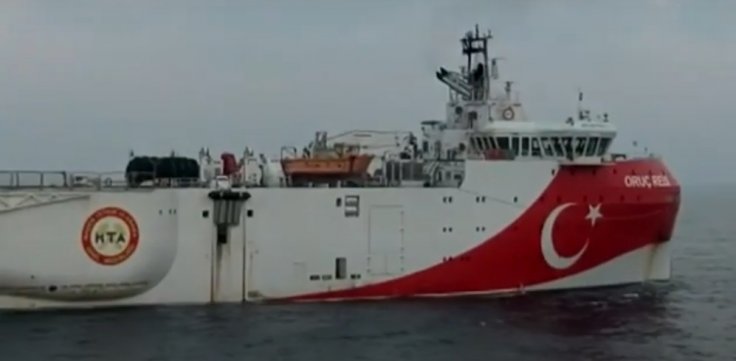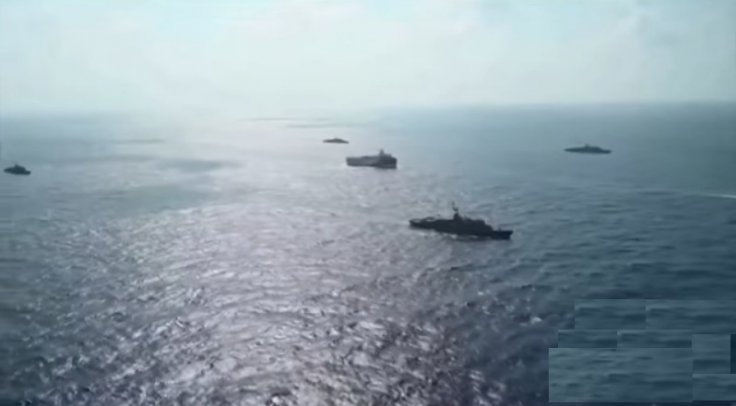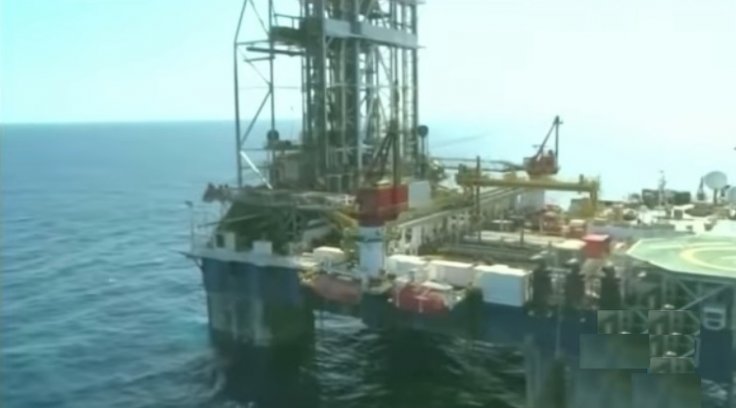Turkey recently said that its Oruc Reis exploration vessel will continue to carry out seismic surveys in the Mediterranean Sea until September 12. This came days after Greece called on Turkey to "desist from daily rants" and work towards security and stability in the region, as the countries clash over hydrocarbon resources rights.
Turkey's decision comes despite calls from the European Union (EU) to Ankara to start dialogues demanding that the country refrains from unilateral steps that stoke tensions in the eastern Mediterranean region. Turkey and Greece have been locking horns over the recent discovery of large deposits of oil and natural gas in the Mediterranean seabed and the reasons are too complicated.
Turbulent Waters

The waters of the Mediterranean Sea are rough like never before. Although the region had seen turbulence earlier too when Israel was in combat against its neighbors ashore, this time things are far worse. The current tension stems largely from the discovery of large deposits of oil and natural gas in the seabed. Estimates put the size of the deposits at around 2 billion barrels of oil and 4 trillion cubic meters of natural gas.
That definitely gives enough reasons to the countries in the region to move aggressively and exploit the wealth. This has seen tensions brewing particularly between Ankara and Athens in the waters of the Eastern Mediterranean. Greece and Turkey, both NATO allies but historic rivals, have been inching toward a possible military confrontation that could end up engulfing the region.
In fact, naval vessels from both countries made a show of force in the contested region of the Eastern Mediterranean last week as a race for gas and oil reserves adds a new point of friction to old disputes.
A decade ago, there had been controversy over gas reserves in the eastern Mediterranean region, where a bitter conflict was threatening stability in that region. This raises a question about the quantity of gas reserves there and the nature of the conflict surrounding it.
The recent discoveries are vital to the economies of several countries like Egypt, Syria, Lebanon, Palestine, Israel, Cyprus, Turkey and Greece, but the multiple parties involved in these discoveries and the amount of announced reserves do not justify all this tension.
Tensions Rise between Greece and Turkey

Ankara's decision to continue seismic surveys in the disputed waters has angered Greece, as it considers the Turkish gas exploration illegal. Greece responded to Turkey by announcing naval exercises in the same location to the south of Turkey and the Greek island of Kastellorizo, which lies just over one mile from the Turkish coast.
However, the tensions don't end there. France and Italy have now joined Greece and Cyprus for joint naval exercises, a move, French and Italian officials say, is only likely to raise the temperature further in the region. That said the root of the tensions lie somewhere else. In early 2019, a loose consortium to develop the resources in the East Mediterranean region was forged by a set of countries comprising Israel, Egypt, Italy, Greece, Jordan and the Palestinian territories. Turkey was left out.
Naturally, Turkey was angered and sent the oil exploration and drilling vessels escorted by naval ships. Following that it sent exploration ship Oruc Reis, which Greece claims entered its territorial waters, thus leading to a faceoff between the two countries. Turkey's actions have been condemned by the EU also who have called for dialogues with Ankara and immediately refrain from taking unilateral steps in the region.
Who is Benefiting?

Oil and natural gas may be the fulcrum of the entire cycle of tension but geopolitical benefits too have come into play. The eastern Mediterranean is also a transit zone for Turkish and Russian warships sending arms to opposing sides in the Libyan civil war.
While Turkey is supporting the UN-recognized government in the Libyan capital of Tripoli, Russia, with Egypt, UAE and other Arab countries in tow, is backing the rebel forces of General Khalifa Haftar. Also, the EU is trying to enforce an arms embargo on the Libyan conflict, which led to a massive faceoff between French and Turkish warships in the East Mediterranean in June. This by far was the biggest confrontation between two NATO members.
And in between all this one nation seems to be gaining. The entire scenario is playing to Russia's advantage, as it is causing rifts in the NATO alliance. Turkey and Greece have been historic rivals but tensions seem to have heightened the most this time around. France backing Greece's move has added a twist in the tale, while Germany trying to mediate, with little success, have left the NATO allies fighting with each other.









